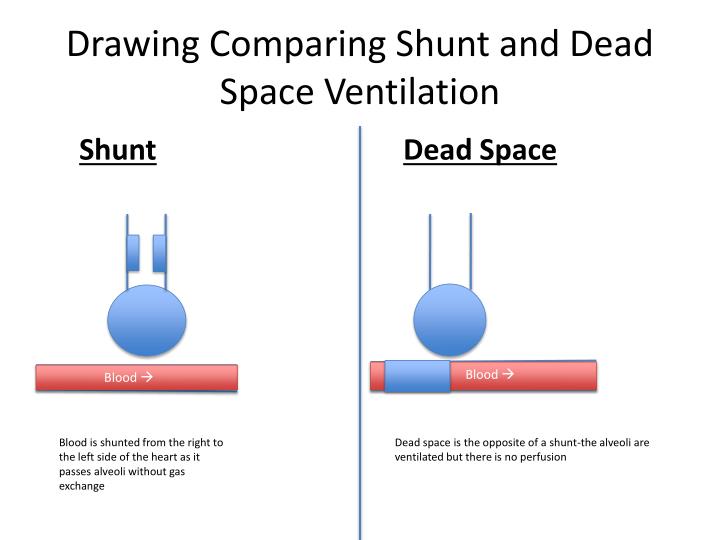
The alveolar dead space increases with age, affecting arterial oxygen without impairing the carbon dioxide elimination.

The lung matures by age 20–25 years, and thereafter aging is associated with progressive decline in lung function.

Respiratory muscle strength decreases with age and can impair effective cough, which is important for airway clearance. The lung parenchyma loses its supporting structure causing dilation of air spaces: “senile emphysema”. The structural changes include chest wall and thoracic spine deformities which impairs the total respiratory system compliance leading to increase work of breathing. The respiratory system undergoes various anatomical, physiological and immunological changes with age. With the looming expansion of the elderly population of the US, a thorough understanding of “normal” aging-related changes on the respiratory system is paramount.


 0 kommentar(er)
0 kommentar(er)
